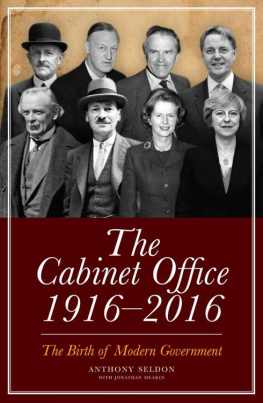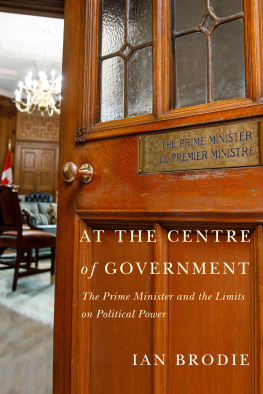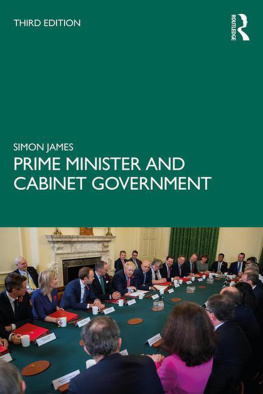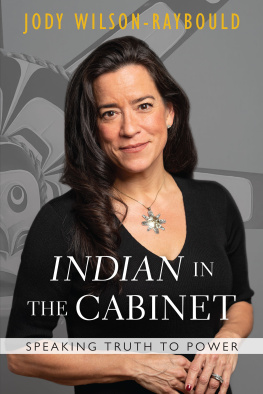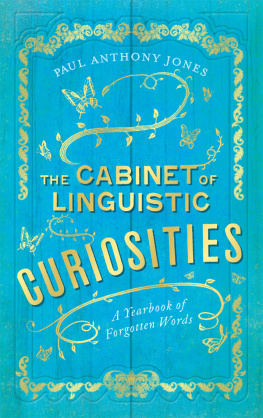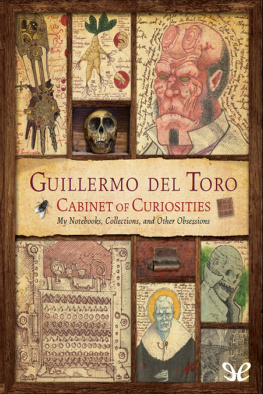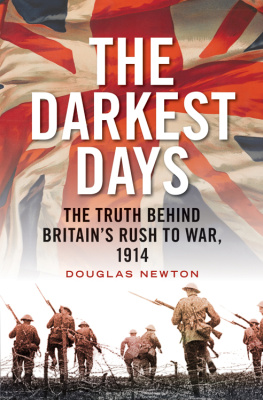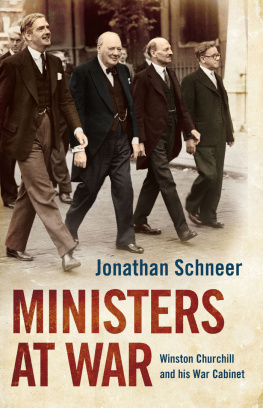

Copyright 2014 by Jonathan Schneer
Published by Basic Books,
A Member of the Perseus Books Group
All rights reserved. Printed in the United States of America. No part of this book may be reproduced in any manner whatsoever without written permission except in the case of brief quotations embodied in critical articles and reviews. For information, address Basic Books, 250 West 57th Street, New York, NY 10107.
Books published by Basic Books are available at special discounts for bulk purchases in the United States by corporations, institutions, and other organizations. For more information, please contact the Special Markets Department at the Perseus Books Group, 2300 Chestnut Street, Suite 200, Philadelphia, PA 19103, or call (800) 810-4145, ext. 5000, or e-mail .
Library of Congress Cataloging-in-Publication Data
Schneer, Jonathan.
Ministers at war : Winston Churchill and his war cabinet / Jonathan Schneer.
pages cm
Includes bibliographical references and index.
ISBN 978-0-465-04058-2 (ebook) 1. Churchill, Winston, 18741965. 2. Great BritainPolitics and government19361945. 3. Great Britain. War CabinetHistory20th century. 4. World War, 19391945Great Britain. I. Title.
DA587.S36 2015
940.53'1dc23
2014024137
10 9 8 7 6 5 4 3 2 1
To Margaret, Ben and Seth
CONTENTS
These brief notes are provided as an aid to the identification of the people discussed in this book.
AITKEN, WILLIAM MAXWELL, FIRST BARON BEAVERBROOK (18791964): A Canadian who moved to Britain before World War I, Beaverbrook made a fortune and became proprietor of the Daily Express, the Sunday Express and the London Evening Standard as well as two newspapers in Scotland. He was also an enthusiastic supporter of imperial economic cooperation and strongly supported Neville Chamberlains policy of appeasement. Nevertheless, Churchill put him in charge first of the Ministry of Aircraft Production and then the Ministry of Supply. Beaverbrook suffered from ill health, and eventually Churchill let him resign. But then Beaverbrook took up a new crusade, All Help to Russia, and supported the idea of opening a Second Front in the war.
ALEXANDER, ALBERT VICTOR (18851965): Alexander was a Labour politician who began his career as parliamentary secretary to the British co-operative movement. He served in the second Labour government (19291931) as First Lord of the Admiralty, and Churchill returned him to that position in 1940.
AMERY, LEOPOLD (LEO) CHARLES MAURICE STENNETT (18731955): A Conservative politician who advocated economic protectionism and cooperation within the British Empire, Amery served as colonial secretary under Prime Minister Stanley Baldwin from 1924 to 1929, but remained on the backbenches throughout the 1930s, partly because he did not enthusiastically support Chamberlains policy of appeasement. On May 7, 1940, he delivered a great speech against Chamberlain that helped lead to the latters downfall. A few days later, Churchill appointed him secretary of state for India.
ANDERSON, SIR JOHN, FIRST VISCOUNT WAVERLEY (18821958): Anderson, a remarkably effective and efficient civil servant who entered Parliament in 1938 independent of any party, was appointed home secretary and minister of home security by Chamberlain at the outbreak of war. When Churchill took over in May 1940, Churchill asked Anderson to remain in these posts, but he later made him Lord President, with a seat in the War Cabinet, to replace the dying Chamberlain.
ATTLEE, CLEMENT RICHARD, FIRST EARL ATTLEE (18831967): A Labour Party politician first elected to Parliament in 1922, Attlee served briefly in the Labour government of 19291931 and ascended to the party leadership in 1935. Churchill brought him into his first War Cabinet in May 1940 as Lord Privy Seal and then promoted him in 1942 to become secretary of state for the dominions and deputy prime minister. Many underestimated Attlee, mistaking his diffidence for weakness.
BEAVERBROOK:See Aitken, William Maxwell, First Baron Beaverbrook (18791964).
BEVERIDGE, WILLIAM HENRY, BARON BEVERIDGE (18791963): A prickly, ambitious and able academic and civil servant, Beveridge was appointed during the war to head a committee studying the coordination of social services. He turned this small task into a broad investigation of their deficiencies, and in the Beveridge Report made sweeping recommendations for their improvement in postwar Britain. His report caused a sensation.
BEVIN, ERNEST (18811951): Bevin, a former carter on the Bristol docks, built the Transport and General Workers Union into the largest workers organization in Europe during the interwar period. Churchill knew he needed Bevins support to make his national coalition government work and so appointed him minister of labor and then promoted him to the War Cabinet. Churchill judged Bevin and Beaverbrook to be his most dynamic and able colleagues, among an outstanding group.
BRACKEN, BRENDAN RENDALL, VISCOUNT BRACKEN (19011958): Bracken was a Conservative politician with a background in journalism and was devoted to Churchill. When the latter became First Lord of the Admiralty in 1939, he made Bracken his parliamentary private secretary. In 1941 Churchill appointed Bracken to be minister of information.
BROOKE, ALAN FRANCIS, FIRST VISCOUNT ALANBROOKE (18831963): A highly respected career soldier with much experience both of war and preparing for war, Brooke was appointed by Churchill as commander in chief of home forces during the summer of 1940, and then, in December 1941, as commander of the Imperial General Staff. Soon thereafter Brooke became chairman of the Chiefs of Staff Committee and thus the principal strategic adviser to the War Cabinet. When necessary he stood up to the prime minister.
BUTLER, RICHARD AUSTEN (RAB), BARON BUTLER OF SAFFRON WALDEN (19021982): Butler was a Conservative politician who was closely associated with the appeasement policies of Neville Chamberlain. In May and June 1940, he supported Halifax, who desired a negotiated peace with Germany. Churchill nevertheless appreciated his parliamentary skills, and far from sacking him, eventually made him minister of education. At this post Butler carried through important reforms.
CADOGAN, SIR ALEXANDER GEORGE MONTAGU (18841968): Climbing to the top position in the Foreign Office, permanent undersecretary, Cadogan advised first Halifax and then his successor as foreign minister, Anthony Eden. He sat in on War Cabinet meetings. And he kept a diary.
CECIL, JAMES EDWARD HUBERT GASCOYNE-, FOURTH MARQUESS OF SALISBURY (18611947): Belonging to the famous Salisbury political dynasty (his father had been Conservative prime minister), Cecil himself became a Conservative Party grandee and one of Britains most influential peers. He opposed Chamberlains appeasement policy. During the war, he led a watching committee that played a major role in forcing Chamberlains resignation.
CHAMBERLAIN, NEVILLE (18691940): Chamberlain was the Conservative prime minister and architect of the appeasement policies that failed to prevent World War II. He was replaced by Churchill as prime minister on May 10, 1940.
Next page

